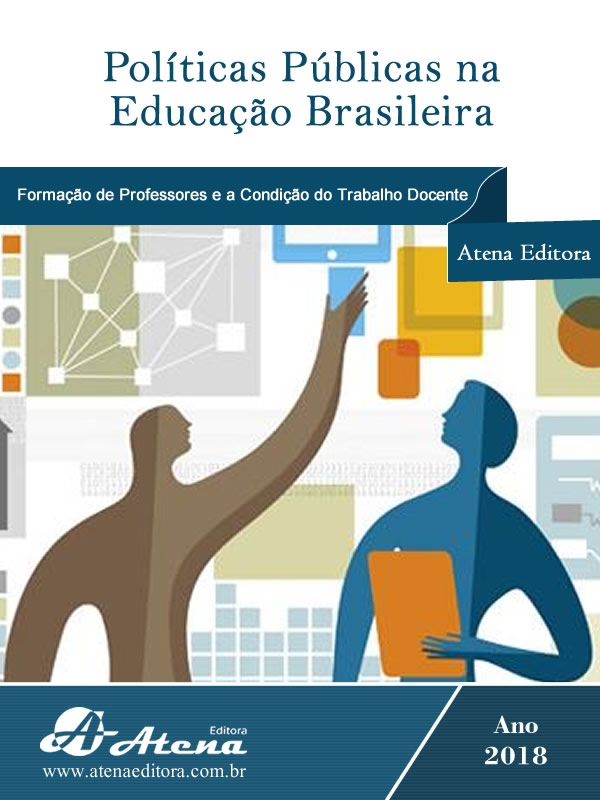
PROFESSORES QUE ESTUDAM, ALUNOS QUE APRENDEM: A IMPORTÂNCIA DA AUTOFORMAÇÃO DOCENTE
Este estudo se propõe a refletir sobre a importância do professor ver a si
mesmo como um “ser aprendente” e se tornar responsável por sua autoformação
docente, objetivando se instrumentalizar para percorrer os caminhos da
aprendizagem voltados ao desenvolvimento pessoal e profissional. Reflete como
alternativa metodológica para fundamentar a prática pedagógica diuturna docente,
o capítulo do Relatório para a UNESCO da Comissão Internacional sobre Educação
para o século XXI, intitulado: Educação, um Tesouro a descobrir (1996), que explora
os quatro pilares da educação. Para análise dos resultados, demonstra a importância
da relevância social deste estudo no sentido de instigar a reflexão crítica do professor
e seu compromisso ético de autoformação objetivando a potencialização da prática
pedagógica do referido profissional em seu cotidiano escolar. Conclui afirmando que
a autoformação permite o protagonismo do professor no sentido de prover para si
uma formação crítica, ampla e permanente que não se esgota em cursos de
graduação ou em formações continuadas sistemáticas, mas que vai além por toda a
existência pessoal e profissional do ser educador.
PROFESSORES QUE ESTUDAM, ALUNOS QUE APRENDEM: A IMPORTÂNCIA DA AUTOFORMAÇÃO DOCENTE
-
DOI: Atena
-
Palavras-chave: Ensino-aprendizagem. Autoformação. Quatro pilares da educação.
-
Keywords: Teaching-learning. Self-training. Four pillars of education
-
Abstract:
This study aims to reflect on the importance of the teacher to see himself
as a "learning being" and to become responsible for his teacher training, aspiring to
be instrumental to the learning path directed at personal and professional
development. It reflects as a methodological alternative to support the teaching
pedagogical practice, the chapter of the Report to Unesco of the International
Commission on Education for the Twenty-First Century, entitled: "Learning: The
Treasure within" (1996), which explores the four pillars of education. To analyze the
results, it demonstrates the importance of the social relevance of this study in the
sense of instigating the critical reflection of the teacher and his ethical commitment
of self - training directed at the potentialization of the pedagogical practice of said
professional in his daily school life. It concludes by affirming that self-training allows
the teacher's role to provide for himself a critical, broad and permanent formation
which is not exhausted in undergraduate courses or in systematic continuous
training, but which goes beyond all personal and professional existence of the
educator being.
-
Número de páginas: 15
- ANA CRISTINA DE ALMEIDA CAVALCANTE BASTOS


